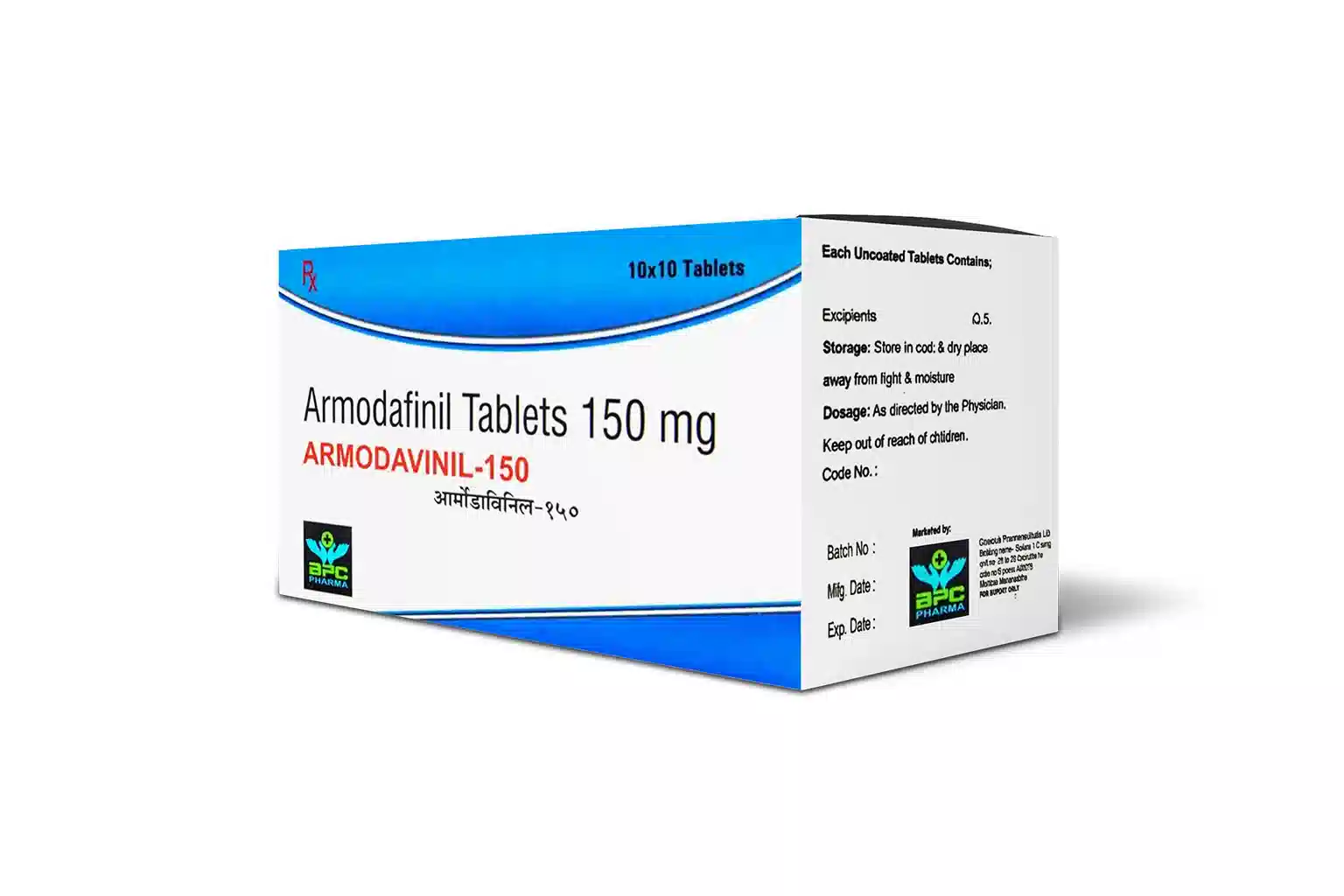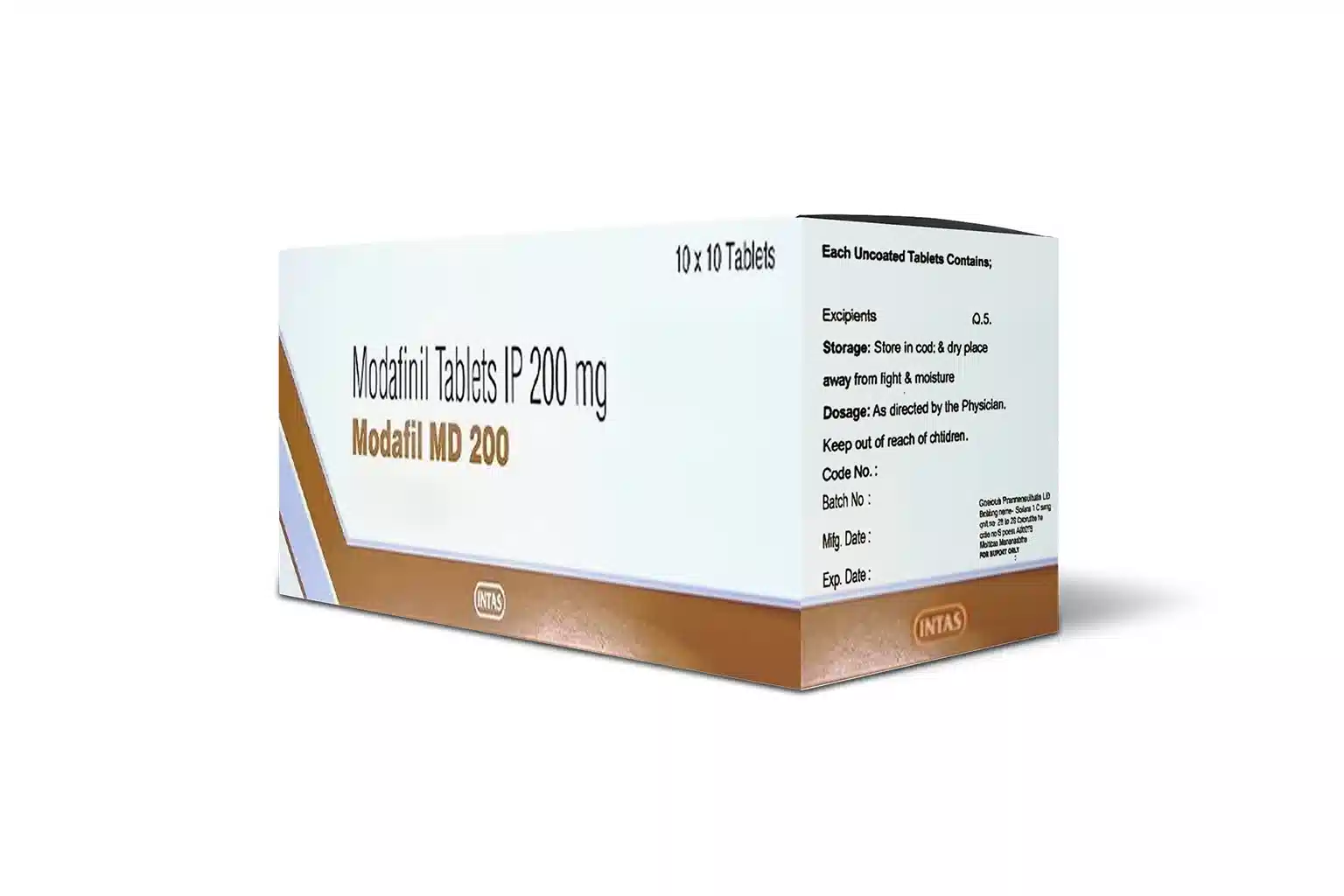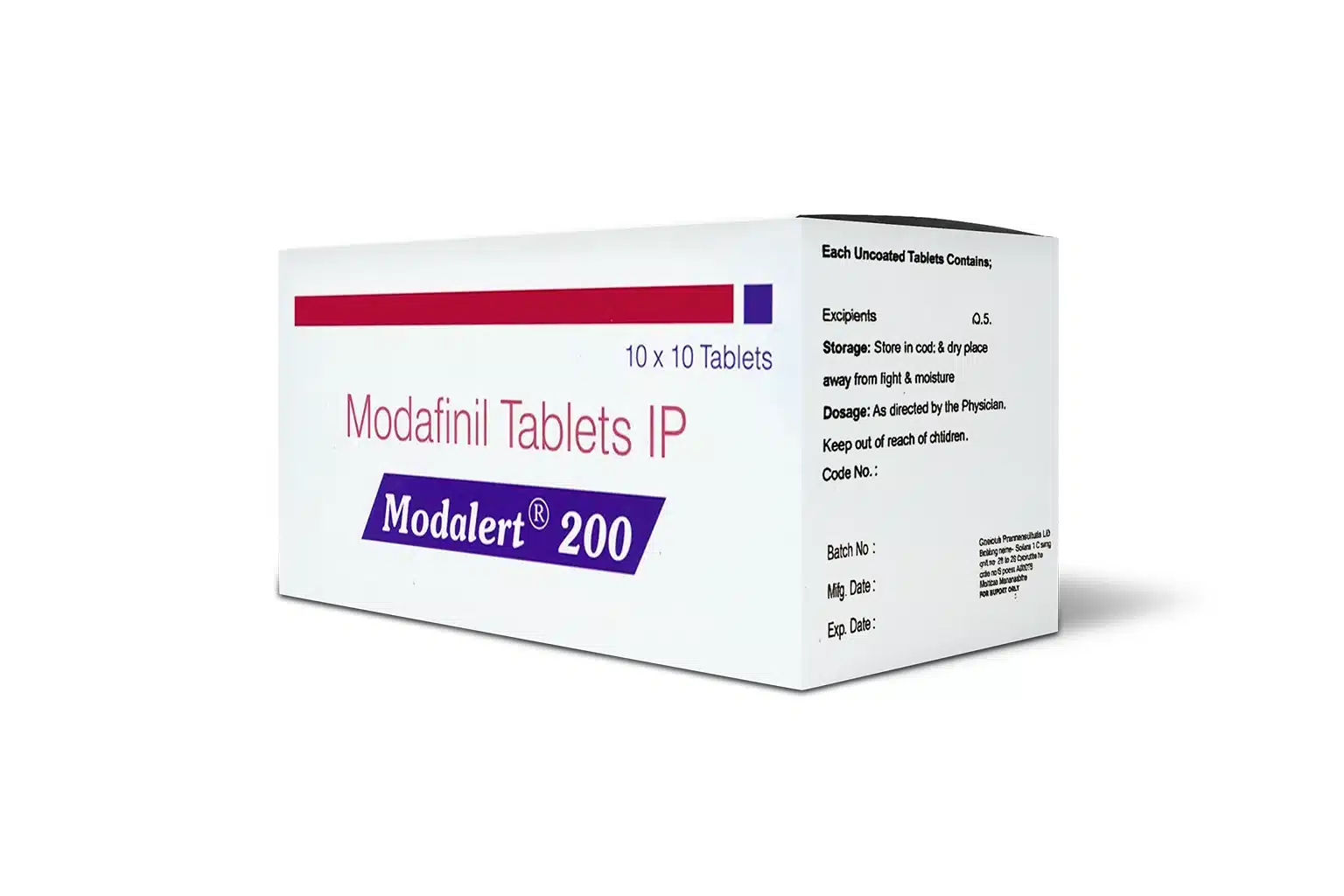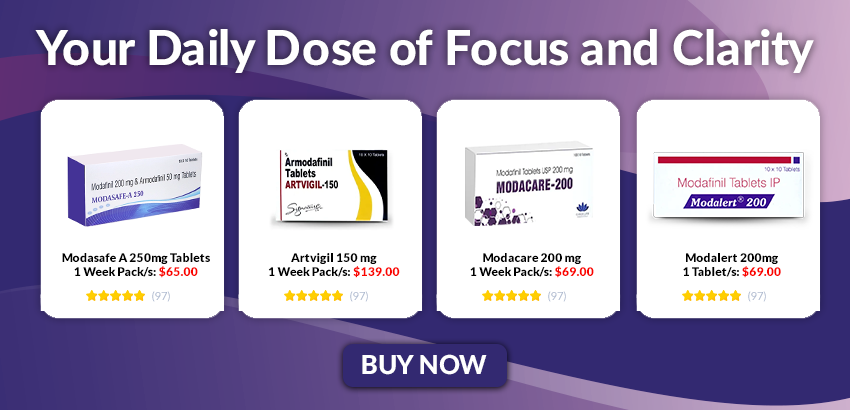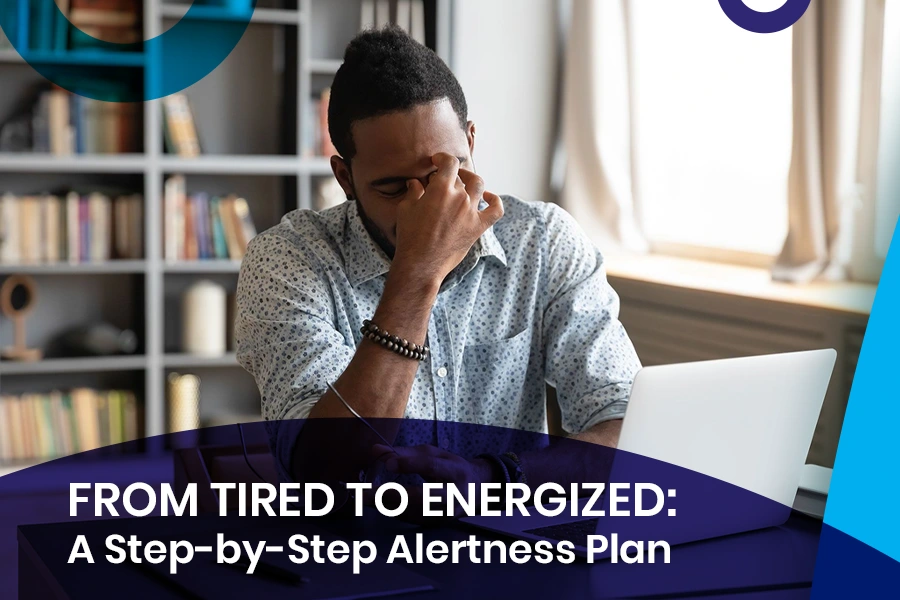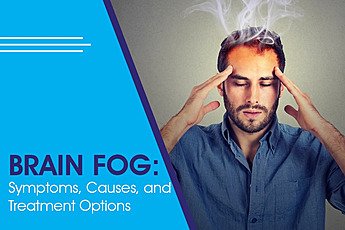How to Beat Sleepiness and Improve Cognitive Performance

We all know this feeling — you get a wee bit tired, your brain turns to mush and next thing you know, all you want is to curl up for a quick midday siesta. It often strikes you at the most inopportune occasions-such as during an important meeting or while studying for an exam and sitting in front of a similar deadline.
Sure, it’s normal to feel worn out on occasion — after all, you’re not superhuman… But feeling sluggish constantly can lead to less focus, memory trouble and a compromised ability to get stuff done. The good news? But it is something you can battle properly. So I came up with this simple, no-fluff guide to help you stay awake, focus better, and be at your best for the entire day.
Step 1: Identify the Cause of Your Sleepiness
But before we leap into the solutions around what to do if you are constantly tired, let me first explain why you are feeling tired daily. Common causes include:
- Lack of good quality sleep (quality being the keyword, not necessarily quantity)
- A diet without nutrients leaves you tired
- Dehydration, which affects brain function
- Sluggish and drowsy due to lack of movement
- Caffeine crashes happen when you over-consume later in the day
When you get to the bottom of this, only then can you decide what strategies need to be employed to solve this.
Best sellers
-
Armodavinil 150mg
$69.00 – $395.00Price range: $69.00 through $395.00Shop Now This product has multiple variants. The options may be chosen on the product page -
Modavinil 200mg
$69.00 – $395.00Price range: $69.00 through $395.00Shop Now This product has multiple variants. The options may be chosen on the product page -
Modafil Md 200 mg
$69.00 – $345.00Price range: $69.00 through $345.00Shop Now This product has multiple variants. The options may be chosen on the product page -
Modvigil 200mg
$65.00 – $395.00Price range: $65.00 through $395.00Shop Now This product has multiple variants. The options may be chosen on the product page -
Vilafinil 200 mg
$69.00 – $395.00Price range: $69.00 through $395.00Shop Now This product has multiple variants. The options may be chosen on the product page -
Modalert 200 mg
$69.00 – $449.00Price range: $69.00 through $449.00Shop Now This product has multiple variants. The options may be chosen on the product page
Step 2: Start the Day Right
Routine 1: How You Start Your Day Makes a Huge Difference in Your Energy. There you have it: stop hitting snooze, and train your internal clock to wake up at the same time every day. Upon waking up, it is best to drink a glass of water to help rehydrate and get circulation going.
Get a little sunshine in the morning—daylight tells your brain to stop making melatonin (the sleep hormone), so that is what makes you feel more alert. Short walks or light stretching can also stimulate blood flow and improve mental alertness for the day.
Step 3: Fuel Your Brain with the Right Foods
Forget that breakfast is not just about filling your stomach—instead, it is an opportunity to power up your brain for the day. Pick foods that will give you a slow release of energy, like oatmeal and nuts, eggs with some kind of veg, or whole grain toast with avocado.
In taking something to avoid, such as sugary cereals or pastries, which can provide a quick rush of energy and then a crash, making you even more tired. Snack: Have fruits and nuts throughout the day; you can even have yogurt to balance out your nutrition.
Step 4: Use Smart Hydration to Stay Alert
One of the sneakiest culprits behind making you just tired is dehydration. Even minor dehydration can impair concentration, reaction time, and mood. Aim to keep a water bottle on you and sip little by little instead of drinking large quantities at once.
Add lemon slices, cucumber or mint to the water for a zesty taste without the added sugar. Herbal teas are another great low-caffeine option — they count toward hydration and can offer a refreshing boost.
Step 5: Move to Improve Mental Performance
For your brain to function properly, it requires blood that is rich in oxygen. This prolonged time of sitting can slow down circulation… and leave you feeling rather lethargic yourself! Move Around — and do so more than once an hour (2 minutes of stretching, walking, or standing every hour can help to improve mental performance and combat fatigue).
Stand more by holding stand-up meetings in your workplace or, better yet, take a call while briskly walking. In return, you not only feel more energized, but creativity and problem-solving skills are elevated.
Step 6: Use Strategic Caffeine, Not Constant Caffeine
Caffeine is your friend, but relying on it all day will lead to dependence and crashes. Don’t waste time by sipping coffee all day. Save it for your natural low-energy times (usually 9–11AM and 2–3)
Caffeine on top of a short walk or quick stretch can give you an even more significant alertness boost. If you drink coffee too late in the day, it will affect your sleep at night, adding more tiredness to the cycle.
Step 7: Leverage Short Naps and Alertness Aids
At times, regardless of what you do, drowsiness unfolds. This is where a fight-drowsiness maneuver, such as a 15-20 minute power nap, comes into play. Also, sleeping for more than 30 minutes at a time will leave you groggy, just take a cheeky little catnap…
Products like Modalert are occasionally used by those with busy schedules or high-focus jobs to support wakefulness. It is intended to be used alongside a generally healthy lifestyle, not as another excuse for bad habits. Always use such aids responsibly.
Step 8: Brighten Your Environment
It has a lot to do with your environment and how it affects your energy levels. Low light makes the brain think it is time to sleep, while brighter, natural lighting could boost productivity.
Not everyone can work outside — if you are inside, make sure your desk is near a window or try using a daylight lamp. Posture plays a role as well—it’s hard to feel relaxed when you’re sitting up straight for fear you’ll fall if you accidentally doze off.
Step 9: Break Mental Tasks into Focused Blocks
Attempting to do hours of nonstop work can even slow you down and make things more tiresome in the end. If you have all the time in the world, then automate your work and do just one task, but if we are honest with each other on this side of reality, work will be chopped into concentrated bursts like the Pomodoro Technique — 25–50 minutes of focused productivity followed by a short break.
These breaks help reset your ability to pay attention, making it so much easier to stay awake and focus on high-quality output all day.
Step 10: Manage Stress for Better Energy
Stress can not only dampen your mood but can also deplete your energy and reduce cognitive capabilities. While being continually tired after a poor night’s sleep can make you feel sluggish and unable to concentrate, high stress levels also lead to a lack of rest, producing an unproductive cycle where tiredness begets bad concentration, day in day out.
Basic acts of stress management — deep breathing, journaling, or a walk outside — go a long way in terms of keeping your mental calm and your energy level for the day.
Step 11: Sleep Well to Stay Awake Tomorrow
The best way to prevent daytime drowsiness is to get high-quality sleep at night. Aim for 7–9 hours and keep your sleep schedule consistent, even on weekends.
Create a bedtime routine that signals your body it’s time to wind down — dim the lights, put away electronics, and do something relaxing like reading or stretching. Good nighttime habits are the foundation for daytime alertness.
Final Thoughts
Overcoming sleepiness is not just one trick but rather a combination of an environment and routine that keeps you awake. If you follow stay-up strategies alongside daytime sleepiness solutions (as in the biggest bullet points on top), which are as basic as eating, drinking water, taking steps every hour, and working focused short periods, your mind will be sharper than a needle all day.
Over time, you will find your mood is more positive, your ability to focus is sharper, and the desire to snack in between meals will decline. If you really need a bit of an added boost, products like Modalert 200 mg can give you a short burst of assistance — but the always-on secret to staying alert is your lifestyle.
FAQs
- What are the most effective daytime sleepiness solutions?
The top strategies for beating daytime fatigue are: getting enough sleep, drinking plenty of water, eating healthily, exercising regularly, and taking short timeouts to rejuvenate focus.
- How can I fight drowsiness without caffeine?
Naturally boost alertness with light exposure, physical activity, deep breathing exercises, or snack on an energy-sustaining source such as nuts or fruit.
- Can Modalert 200 mg help me stay awake?
You can take Modalert 200 mg to enhance wakefulness and concentration with better effectiveness in challenging tasks, but as discussed earlier, combining it with good lifestyle habits is key. Always follow proper usage guidelines.
- How can I boost productivity when I’m feeling sleepy?
Divide your work into 25-minute portions with breaks in between, make yourself a near-light environment, and do some light exercise to rejuvenate both your body and mind.
- What’s the quickest way to improve mental performance during the day?
The fastest ways are by drinking a glass of water, stretching a bit, and getting up for some minutes in natural light, by doing breathing exercises to provide your brain with more oxygen.
Reference
- National Sleep Foundation. “How Much Sleep Do We Really Need?” https://www.sleepfoundation.org/how-sleep-works/how-much-sleep-do-we-really-need
- Harvard Medical School. “The science of sleep: Understanding what happens when you sleep.”https://www.health.harvard.edu/staying-healthy/the-science-of-sleep
3. American Psychological Association. “Why your brain needs more downtime.” https://www.apa.org/monitor/2013/01/downtime



